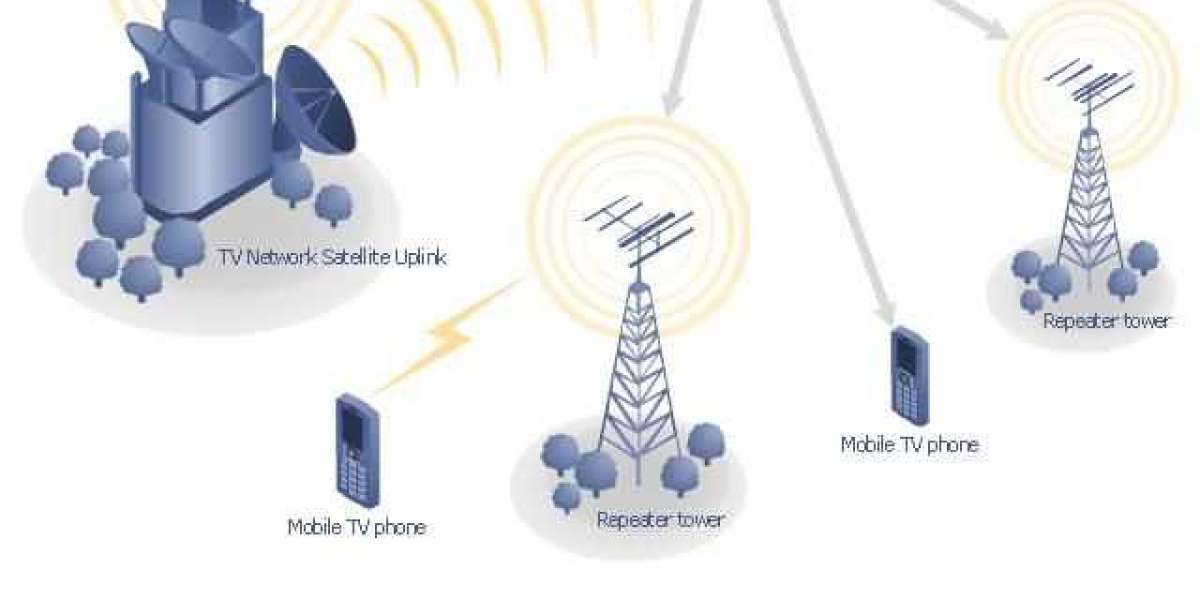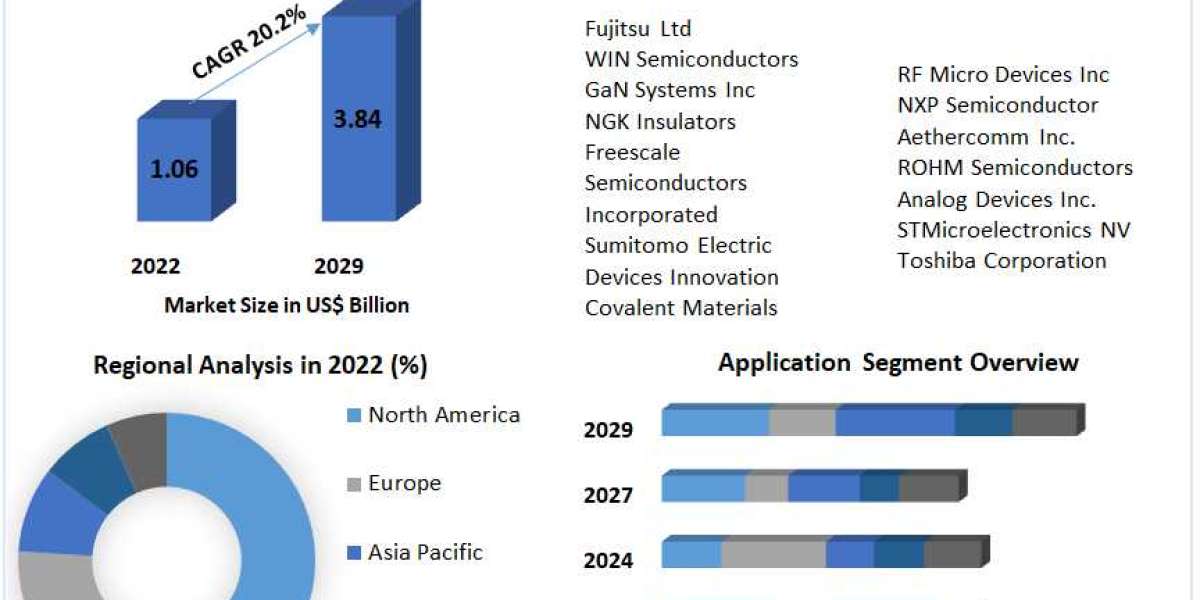Mobile Satellite Services (MSS) provide telecommunication solutions beyond the terrestrial range, using satellites to serve mobile users, particularly in remote areas lacking wired network infrastructure. MSS systems, which utilize satellites in Low Earth Orbit (LEO), Medium Earth Orbit (MEO), and Geostationary Orbit (GEO), play a critical role in sectors like government, aviation, and maritime. These services facilitate remote voice and data communication, offering significant benefits such as global connectivity, priority access, and terrain independence. As a result, MSS enhances both remote communications and terrestrial-based wireless systems.
Market Size and Growth Forecast
The MSS market is poised for significant growth, driven by increasing demand for mobility and the need for reliable communication in remote areas. Key market segments include in-flight connectivity, maritime communication, and autonomous vehicles. The oil and gas sector, in particular, is seeing increased MSS usage for video streaming to monitor operations and ensure crew welfare. As oil and gas, along with mining activities, expand into more remote regions, the demand for MSS is expected to rise substantially. The market is forecasted to grow robustly from 2017 to 2027, spurred by these positive trends.
MSS Technology and Frequency Bands
MSS operators employ lower frequency S- and L-band frequencies of the radio spectrum, connecting non-directional earth station antennas with terminals in space or on the ground. This configuration is ideal for mobile communications, maritime services, and other transport-related applications. The deployment of MSS stations is both rapid and scalable, offering secure communications to end-users. This efficiency and reliability make MSS an attractive option for sectors requiring quick and dependable communication solutions.
Market Segmentation
Access Type
The MSS market is segmented based on access type into:
- Aeronautical MSS
- Land MSS
- Maritime MSS
- Personal MSS
- Broadband MSS
Service Type
Service types within the MSS market include:
- Voice Service
- Data Service
Data services are expected to dominate the MSS market, reflecting the growing need for data communication in various applications.
End-Use Verticals
End-use verticals for MSS encompass:
Oil Gas, Media Entertainment, Mining, Military Defense, Aviation, Government, Transportation, Automotive, Others
The military and defense segment is anticipated to hold a significant market share, followed closely by the government sector.
Geographic Segmentation
Geographically, the MSS market is divided into:
- North America
- Europe
- Asia Pacific
- Middle East and Africa
- Latin America
In 2019, North America led the MSS market in terms of revenue, driven by the region's advanced technological infrastructure and high demand for connectivity. The Asia Pacific region, particularly countries like China and India, is expected to witness the fastest growth, spurred by increasing consumer preference for smart devices.
Competitive Landscape
The MSS market is highly competitive, with numerous players striving to offer superior price, performance, quality, support, and product innovation. Key market players include:
Echostar Corporation, Ericsson AB, GlobalStar Corporation, Inmarsat Inc, Intelsat S.A., Iridium Communications, Inc., ORBCOMM, Inc., Singtel Satellite, Telstra Corporation Ltd., Tesacom, Thuraya Telecommunications Company, ViaSat Inc
These companies are at the forefront of the MSS market, driving innovation and expanding service capabilities to meet the growing demand for mobile satellite communication solutions.



